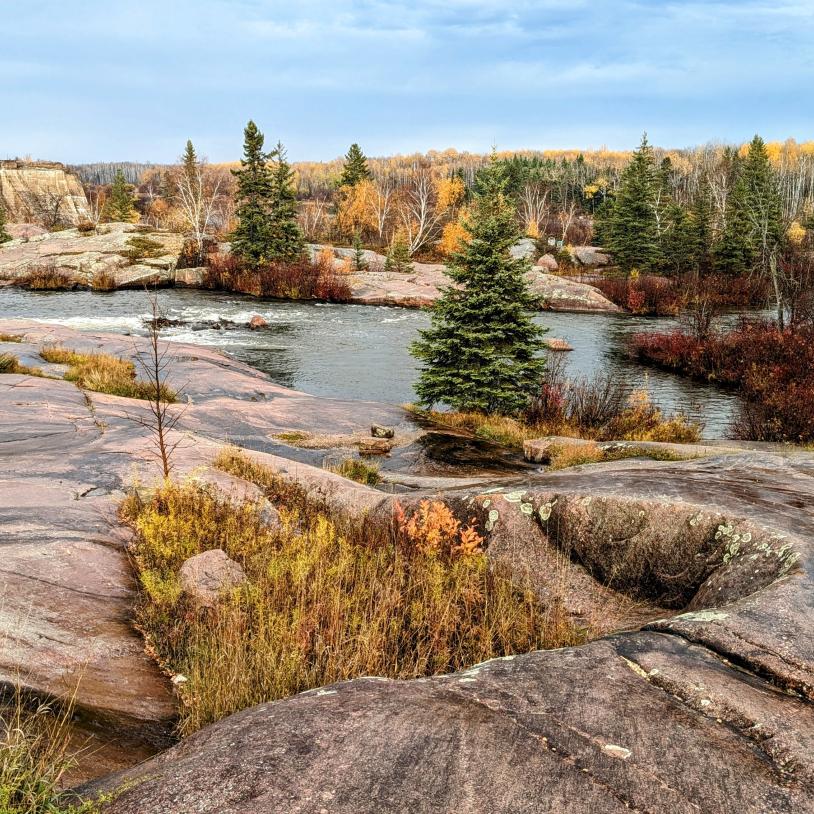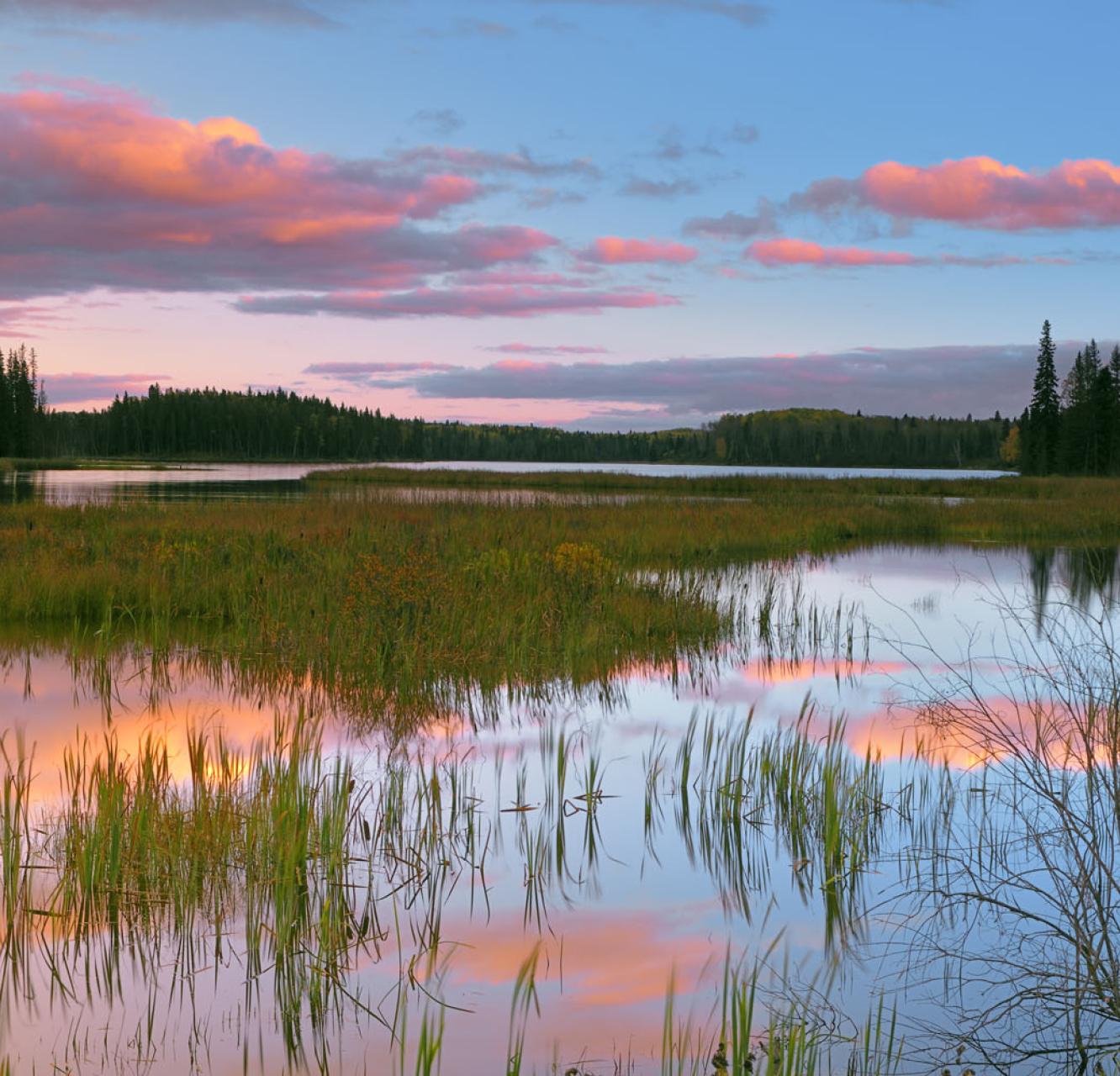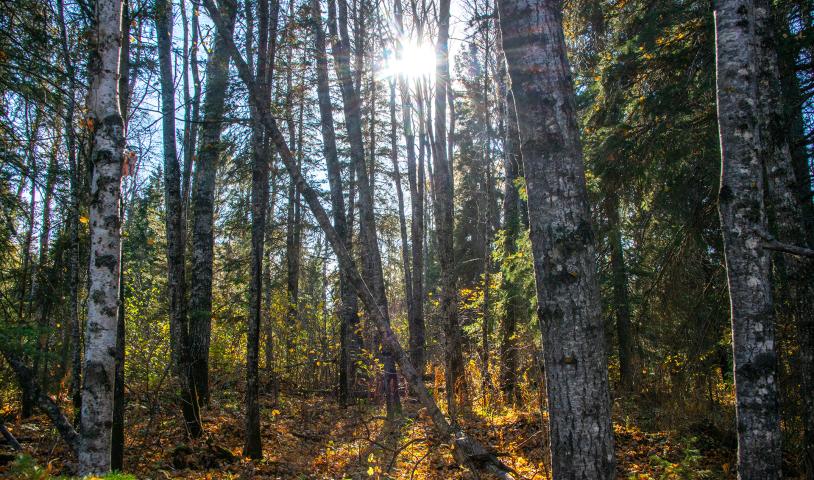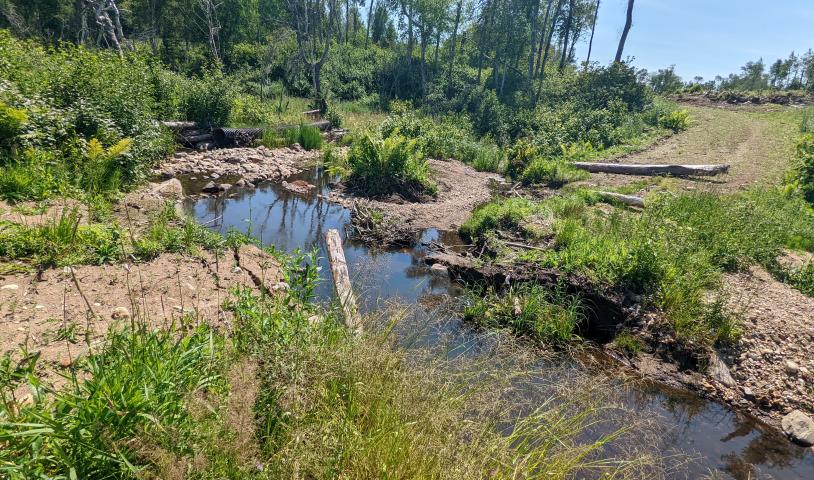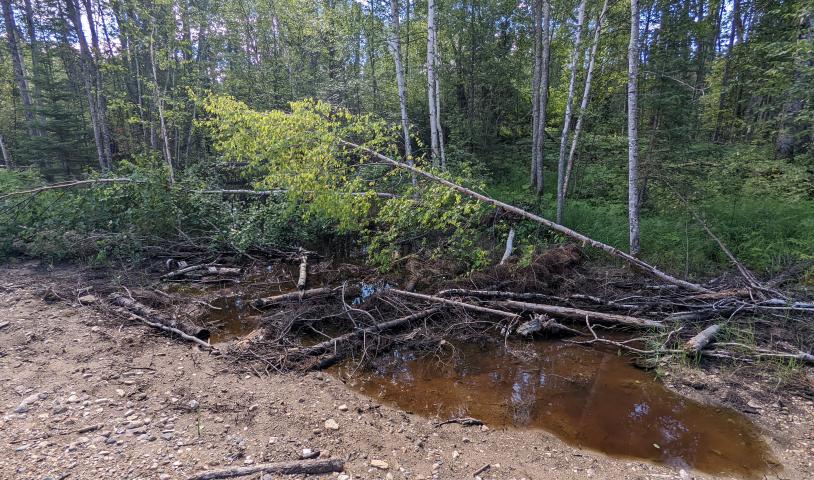Cash can't buy Hudbay peace
Friday, March 8, 2013Money no problem, but legal, social troubles popping up
It's the best of worlds and the worst of worlds for HudBay Minerals these days.
On the one hand, the company has a whopping $1.6 billion in cash on hand to finance the development of two large, potentially rich mines it has underway -- Lalor near Snow Lake, Man., and Constancia in Peru.
Its healthy treasury is thanks to its 85-year history of productive and profitable mining in the Flin Flon/Snow Lake region in northern Manitoba.
But with the world's mining industry looking on this week at the annual Prospectors and Developers Association of Canada conference, HudBay is also the subject of a precedent-setting court case regarding alleged human rights abuses at a mining property in Guatemala that HudBay once owned.
And on its home turf in northern Manitoba, a very small, new mine development at Reed Lake is facing objections from a local First Nation that had been allied with HudBay in the past and from an outspoken environmental advocate.
The allegations in the Guatemalan matter have the ring of the worst kind of abuses against landless rural peoples in a developing country at the mercy of rapacious First World capitalism. One squatter was murdered and several rapes were allegedly perpetrated by security staff hired to monitor and maintain the property.
HudBay denies the allegations and believes it has evidence to refute them. Among other things, it argues it had not acquired the property when some of the alleged abuses occurred.
HudBay has had its moments when it comes to environmental and labour issues, but generally speaking, its reputation is in good standing in the Canadian and global marketplace.
In Manitoba, where it has such a long history of operations, it has a track record of working well with local communities.
"You need a social licence to operate; it's not just about permitting," said David Garofalo, the CEO of HudBay Minerals. "We have been doing it for 85 years, and the reason we have the licences from government and local communities is because we have operated in a responsible way."
But after a run-in with the Idle No More movement at its Lalor site a month ago, the company is facing some specific objections surrounding the Reed Lake site, a much smaller mine HudBay has under construction in the Flin Flon/Snow Lake region.
The Wilderness Committee and chief Arlen Dumas of Mathias Colomb Cree Nation (MCCN) say there are serious gaps in the mining plan for Reed Lake that HudBay submitted to the province's mines branch.
Eric Reder of the Wilderness Committee said that among other things, baseline data from water tests are not available, full calculations on the carbon footprint of the project are missing, there is no discussion about disruption to an endangered caribou herd and there are questions about the state of properties in the region that HudBay has mined in the past.
Reder said in addition to all that, there is the issue of why mining is allowed within provincial parks in Manitoba. The Reed Lake mine, now in development, is in the Grass River Provincial Park.
"The mine is in a park," Reder said. "There is no way we can support it."
As for MCCN, it claims the mine is in its unceded traditional territories.
Garofalo said it takes seriously its duty to work with local communities and First Nations.
"Companies are not governments," he said. "We are not going to dictate how this is done. We wait for government to come to an agreement and we will operate within the rules, as we always have."
Its experience in Guatemala is a cruel reminder of just that.
Irrespective of the details that are the subject of a civil case being heard in a Toronto court, HudBay was anxious to exit Guatemala at least partly because there are virtually no rules governing the mining industry there.
In contrast, Garofalo said in Peru, where HudBay has committed to investing more than $1 billion in developing a copper mine, there is a sophisticated regulatory regime and a history and culture of mining.
HudBay's relative record of responsible corporate decision-making probably does not provide much solace to the victims of abuse and the loved ones of the murder victim at the Guatemalan property.
But this principle has to be rigorously and unfailingly applied by companies such as HudBay -- at home and abroad -- if people of the world are to allow the continued development of an industry the world relies on for all sorts of reasons.
